Overview
Investing can feel a little scary to the uninitiated. But those seasoned in it understand it’s one of the best ways to grow your wealth, beat inflation, and put yourself in the driving seat financially for years to come.
But that doesn’t mean you need to dive into high-risk gambles yourself with no support. Locking in a solid investment account, whether that’s a balanced EFT, a mutual fund, or a robo-advisor, can set you on the right path and potentially transform your financial outlook.
Let us do the hard work and point you in the direction of some of the best investment accounts around.
The Bottom Line:
A strong investment account can be the key to wealth building and a prosperous future. Whether you’re looking for some extra cash to fund your travels or looking for some long-term financial security, we think these accounts can help.
If you’re not quite ready yet, check out our other resources—in particular, our credit card sections where you can work on saving travel rewards and fund a few trips.
The quick pick:
Wealthfront keeps it simple and allows the individual to match individual preferences.
The Best Investment Accounts in 2025:
- Best overall investment account: Wealthfront
- Best for advisor access: Sofi Active Invest
- Best platform for customer service: TD Ameritrade
- Best platform if you want things on auto-pilot: Betterment
- Best platform for ease of use: Robinhood
- Best all-in-one platform: Public.com
- Best for anything-to-anything trading: Uphold
- Best for active traders: MooMoo
- Best for advanced features: Ninjatrader
- Best for education: TastyTrade
Wealthfront
Wealthfront takes simplicity seriously. Leveraging algorithm-based automated investing, users can enjoy all the benefits of a trading platform without the constant upkeep. It does this using a number of specifically designed automated portfolios, chosen by the user to match their individual preferences. But it’s also a pretty comprehensive financial hub in its own right, offering cash management and lending features, too.
Our quick take
Wealthfront is perfect for those who value simplicity and automation. Its varied portfolios offer something for every level of risk tolerance, allowing users to earn on their investment with minimal time commitments. The automation is the star of the show, helping users with rebalancing, tax optimization, and portfolio diversification. It does now offer individual stock investment, but it’s still pretty limited and won’t be attractive to those who already know what they’re doing and want to be more hands-on.
Pros and Cons
Pros:
Automated, low-cost investment management
Excellent tax-loss harvesting capabilities
User-friendly interface and mobile app
Comprehensive financial planning tools
High-yield cash management account
Automated bond ladder investment.
The ability to invest in individual stocks.
Cons:
Less flexibility for active traders
Limited customization of automated portfolios (though customization has increased)
Reliance on algorithms may not suit all investors
Primarily digital-based customer service.
SoFi Active Invest
SoFi started life as a student loan provider before branching into almost every facet of the financial world. The powerhouse now offers one of the best investment accounts for travelers.
Our quick take
Its low-fee approach and lack of minimum amounts makes it a strong option for newcomers to investing while its commission-free trading is attractive to anyone on the spectrum.
Pros and Cons
Pros:
Fee-free trading
No minimum amount
Strong app-based format
Educational resources
Fractional shares
Cons
Low interest rates on non-invested funds
TD Ameritrade
TD Ameritrade has been around the block a few times, so you can rest assured your money’s being given all the tools to succeed when opening an account here. Commission-free trading of a huge array of investments including stock, ETFs, bonds, mutual funds, options, forex and crypto are supported by various account-types designed to maximize the experience.
Our quick take
Those with some experience will enjoy the powerful trading platforms available, while newbies will appreciate the learning materials and easy-to-understand interface.
Pros and Cons
Pros:
Commission-free trading
Multiple account types
Advanced trading platforms
24/7 customer support
Cons:
Trading fees
Account fees
Margin rates can be higher than others
Betterment
Betterment is a robo-advisor offering automated investment services. While the previous account require the individual to make trades, Betterment puts things on auto-pilot after being given risk tolerance details and financial goals.
Our quick take
While hardcore traders will dislike the intuitive format, those with an eye on hands-off trading will find the automated system a breath of fresh air. The strategies will vary drastically depending on your individual preferences, whether you’re happy with some risk, saving for a home, or putting money away for retirement. Thew low fees and lack of minimum balance are nice add-ons, too.
Pros and Cons
Pros:
Hands-off investing experience
Automated decisions based on personal preference
Low fees
No minimum balance
Diverse portfolios
Cons:
Less control
Human access is limited
Robinhood
As the name suggests, Robinhood is looking out for the little guy—although we’re not talking about robbing anyone. The app-based investment platform suits newcomers to investing thanks to an easy-to-grasp interface, fractional shares, and decent cash management.
Our quick take
Its approachability for beginners, however, is its downfall for more experienced traders. Those with an eye on more will find themselves frustrated by the limited investment options and research tools. One area it does shine is its cryptocurrency trading platform—another strong attribute for those new to the scene.
Pros and Cons
Pros:
Simple app-based format
Fractional shares
Its own IRA
Earn interest on uninvested cash
Cons:
No mutual funds or bonds
Customer service has a bad reputation
Limited research tools
Public Investing
Public.com might be a confusing name, but the fresh-faced platform is turning heads in a crowded market. As the name suggests, Public.com blends concepts of social media with its investment opportunities, Users have the ability to follow other investors, see what they’re up to, and even talk strategy. It’s an unconventional perk, but a feeling of community can go a long way to fostering understanding in the space.
Our quick take
Beyond its social quirks, the platform offers a wide range of investments, including ETFs, options, bonds, stocks, treasuries, and cryptocurrencies. It’s commission-free, helping keep things affordable, and offers an AI-powered research assistant to help you along. There’s even a bond account and high-yield cash account options.
Pros and Cons
Pros:
Social trading capabilities
Commission free trading
Fractional shares
Retirement and bond accounts
Wide variety of investments
AI-powered research tools
Cons:
Fairly new to the market
Research tools are a little limited beyond the AI assistant
Uphold
Uphold stands apart from the others on this list. It’s not for everyone, but offers a truly unique headline feature—anything-to-anything trading. The concept allows users to hold multiple types of asset and trade directly between them. For example, moving from Gold to Bitcoin in a single transaction.
Our quick take
The asset range is immense, with over 280 cryptocurrencies, 4 precious metals, some stocks, and fiat currencies. Those wanting to stick to stocks will feel limited and likely thrive elsewhere, while crypto-centerics will enjoy the huge number of cryptocurrencies available.
Pros and Cons
Pros:
Hugely diverse assets
Fractional shares
Low fees
Earn interest on cash
Secure storage
Unique ‘Anything-to-anything feature
Cons:
Limited stocks or traditional investment opportunities
Crypto-focused
Still a relatively new platform
MooMoo
Don’t be fooled by the silly-sounding name—Moomoo is the real deal. Bursting with high-level trading tools, it’s clear this platform is built for active traders. Offering a wide range of investment products including stocks, EFTs, options, and ADRs, the platform even allows access to international markets. It even offers a social side, letting investors trade ideas as well as stocks, helping eliminate some of the isolating aspects of serious trading.
Our quick take
Its research tools are some of the best on the market, delivering level 2 market data, real-time info, analyst ratings, news, calendars, and other resources.A nice touch is the paper trading feature where you can practice strategies without risking real cash. Beginners should be prepared to deal with a hefty learning curve, though.
Pros and Cons
Pros:
Commission-free trading
Extremely powerful platform
Comprehensive research tools
Real-time market info
Social community
Paper-trading feature lets traders practice
Margin trading available
Cons:
Steep learning curve for beginners
Margin trading is risky for the uninitiated
Fees for some features
Ninjatrader
Despite the silly-sounding name, this platform is bursting at the seams with advanced features, including charting and automation. Unlike some of the others on this list, it shuns the social quirks in favor of an all-out trading armory, offering multiple routes for investing like futures, forex, equities, and options. Its backtesting feature is especially useful, letting users test out strategies without any risk.
Our quick take
Ninjatrader’s feature-packed platform goes all out, offering experienced traders a powerful tool as they continue their investment journey. The customizability adds an entirely new level of sophistication to the equation. Newcomers will struggle to get to grips with it immediately, but those with a keen understanding of the investment world will find it one of the most powerful options available. It is highly customizable too, with real-time data, and its own NinjaScript programming language, gives it a leg-up on the competition.
What we love about it
Pros:
Advanced charting and technical analysis
Powerful automated trading capabilities via NinjaScript
Comprehensive backtesting for strategy development
Highly customizable interface
Extensive support for futures and forex markets
Direct order entry and execution
Large community and support resources
Cons:
Steep learning curve, especially for beginners
NinjaScript programming requires technical proficiency
Can be expensive depending on data feeds and add-ons
The sheer volume of features can be overwhelming.
Tastytrade
Tasty Trader keeps with the odd name trend but takes a different approach from its competitors. In stark contrast to NinjaTrader, Tasty places a heavy emphasis on education. Focusing mainly on options and futures, the platform is packed with video content designed to help those ready to take a deep dive into the space. It even has its own live-streaming network that offers real-time market analysis.
Our quick take
Tastytrade’s educational format makes it an outstanding choice for those making the first serious steps in their investment journey. Almost unmatched tutorials and example videos give a broad understanding while gifting the basic abilities to trade options and futures. Designed by experienced traders, it has a straightforward interface that allows anyone to get started on their trading journey. Those who already know the ropes may find it a little less useful, but there’s no denying it can be a powerful tool for anyone interested.
Pros and Cons
Pros:
Extensive live video education and market analysis
Strong focus on options and future strategies
Emphasis on probability-based trading and risk management
Commission structure designed for active options traders
Platform designed by experienced traders
Good mobile app
Easy to understand fee structure
Cons:
Charting tools are relatively basic
Less comprehensive for stock-only traders
The overwhelming amount of video content can be time-consuming
Platform can feel a bit simplistic compared to some more advanced platforms.



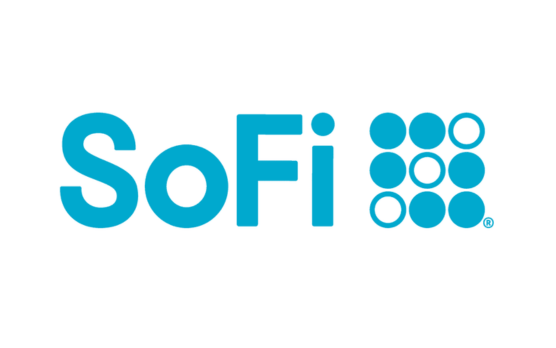
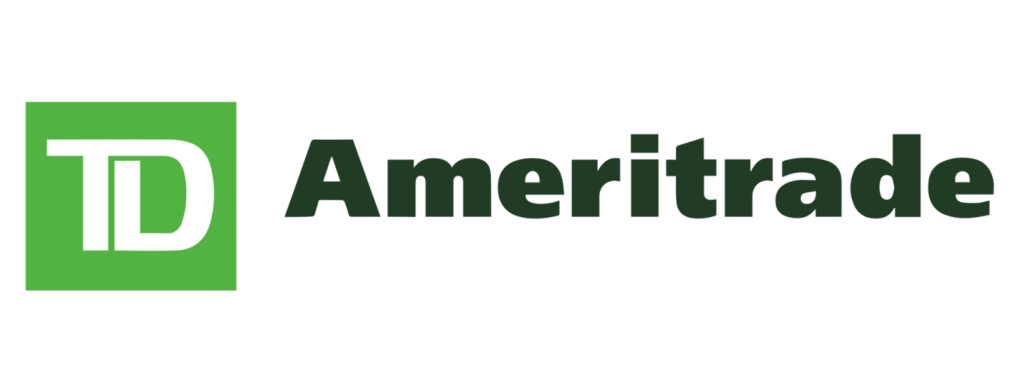


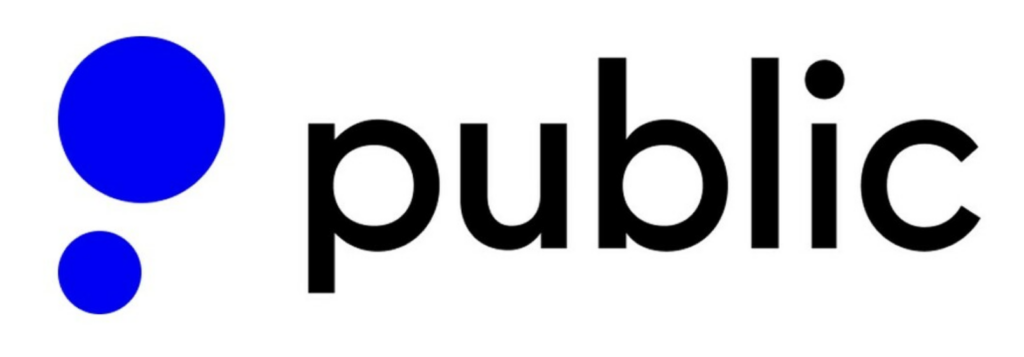

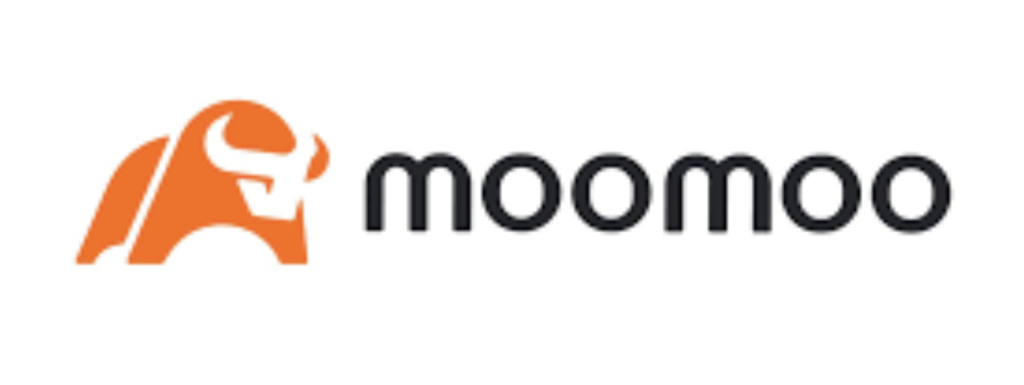






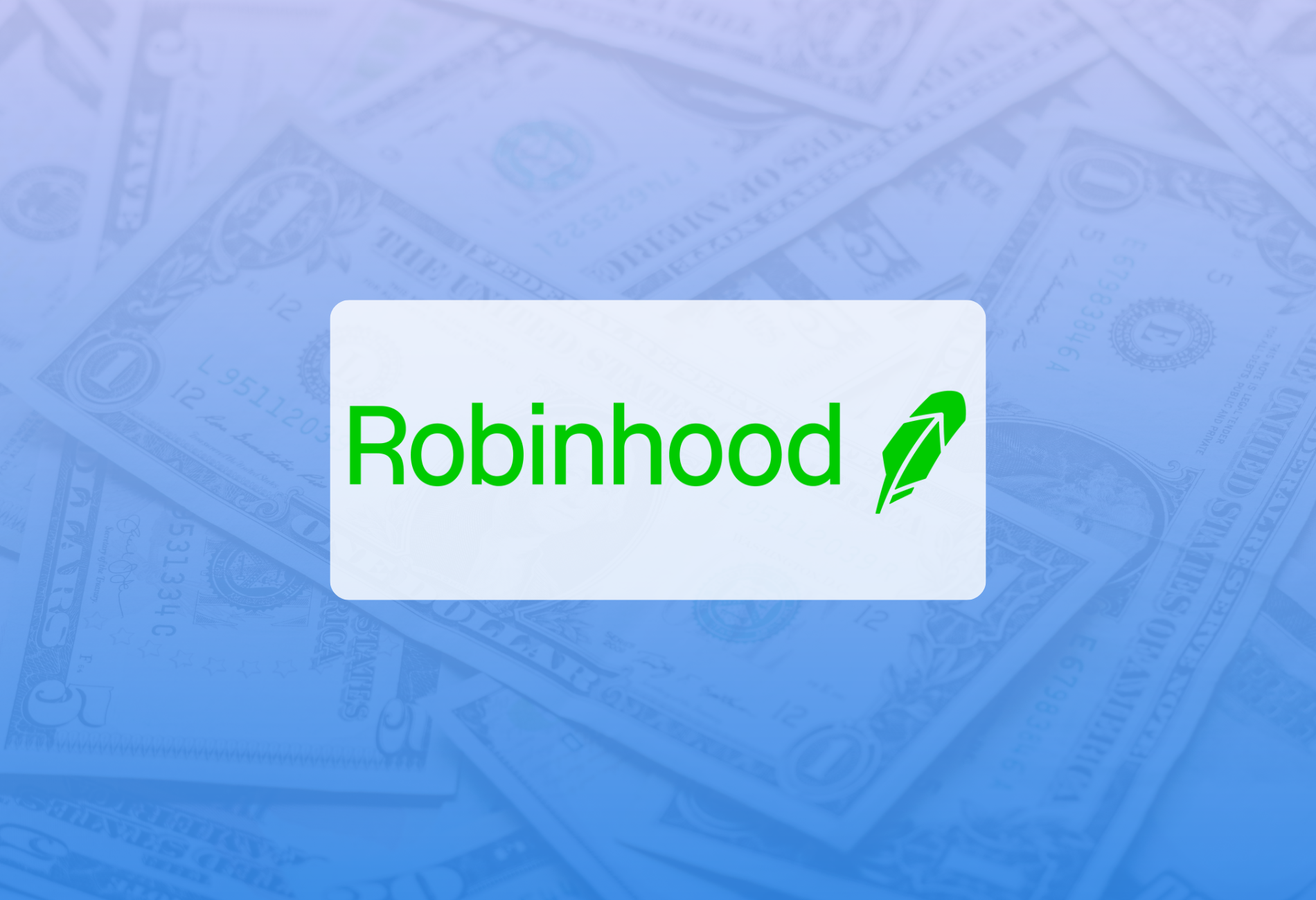
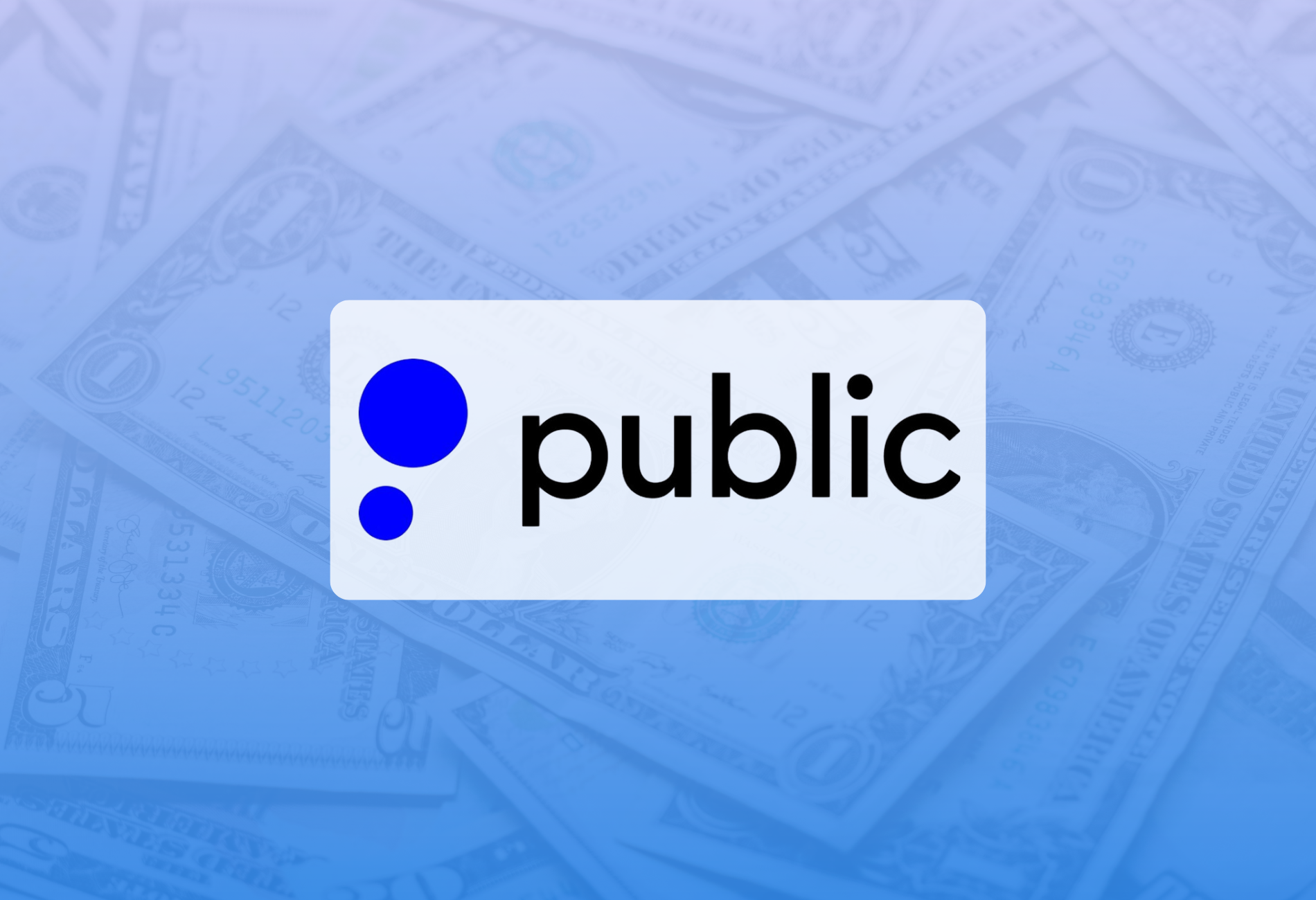

 by your friends at The Daily Navigator
by your friends at The Daily Navigator



